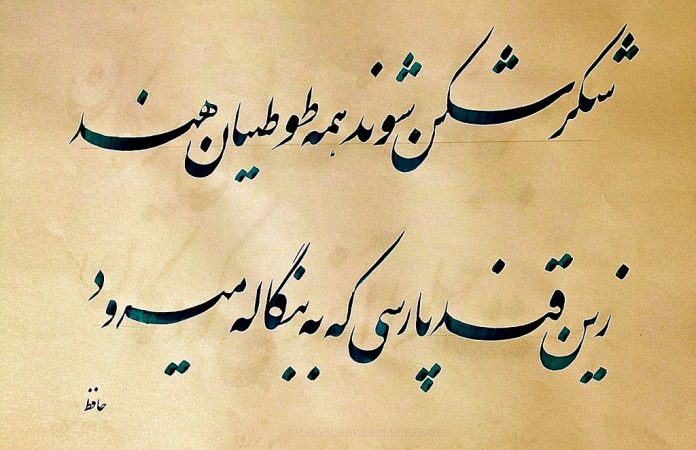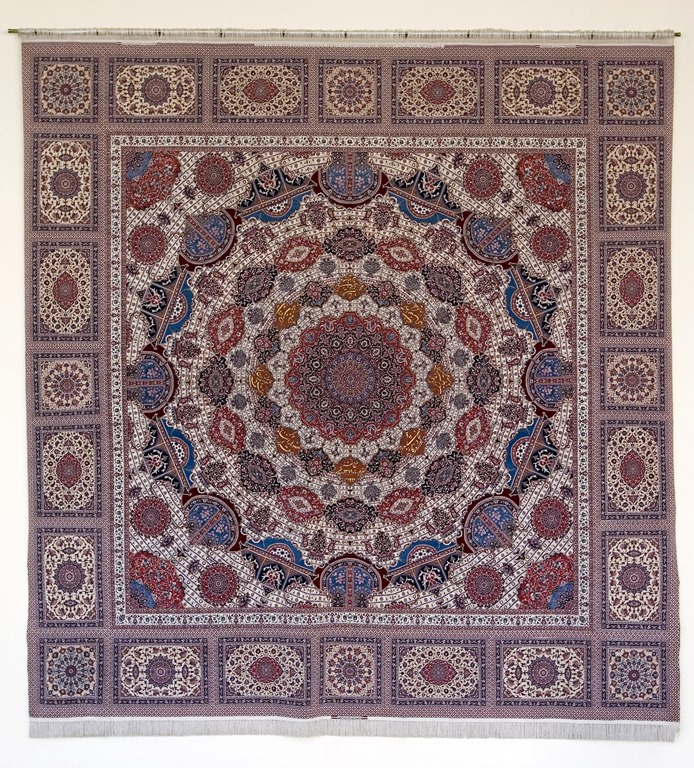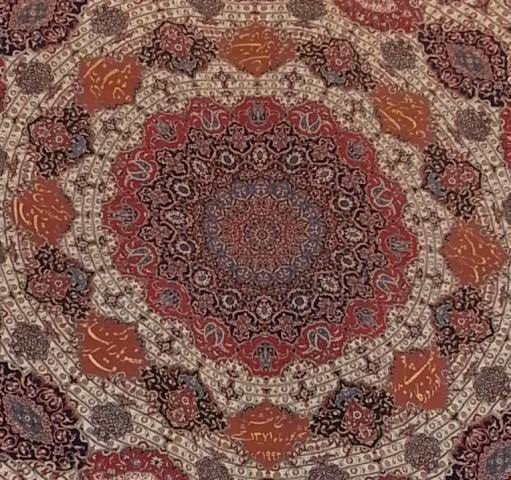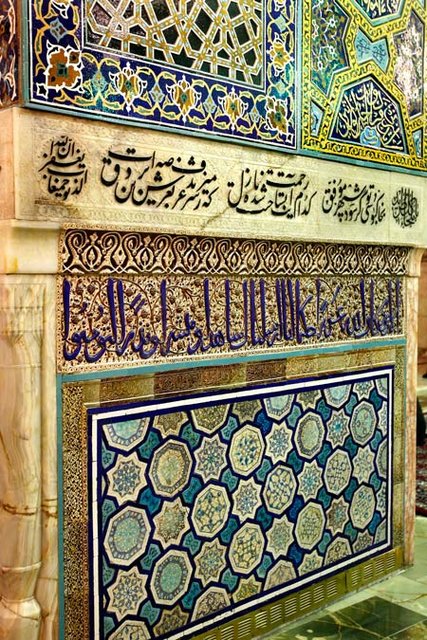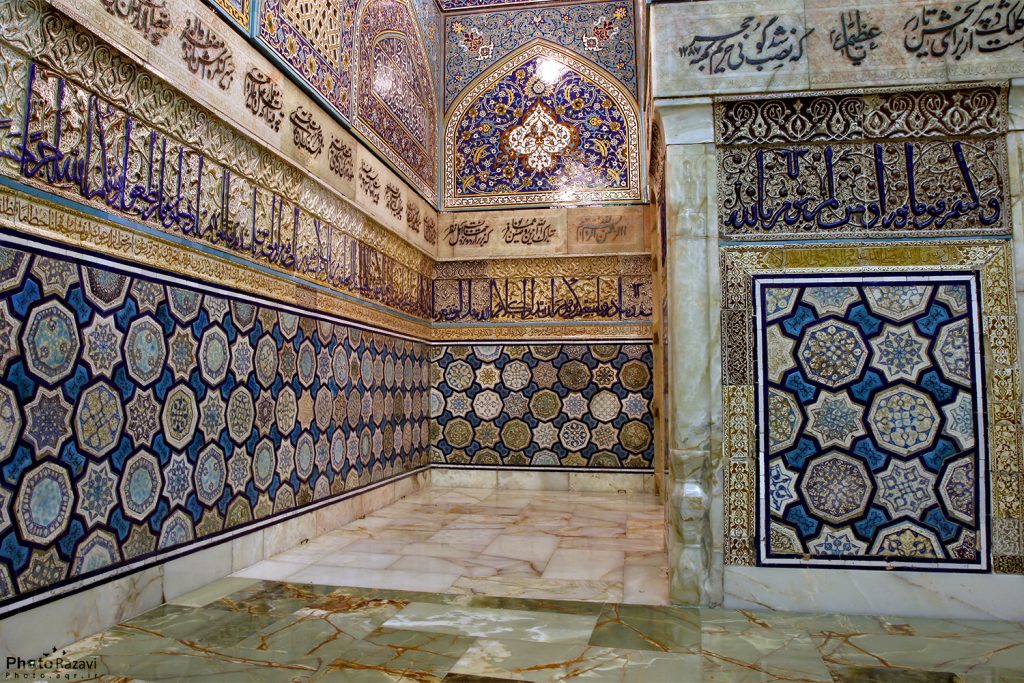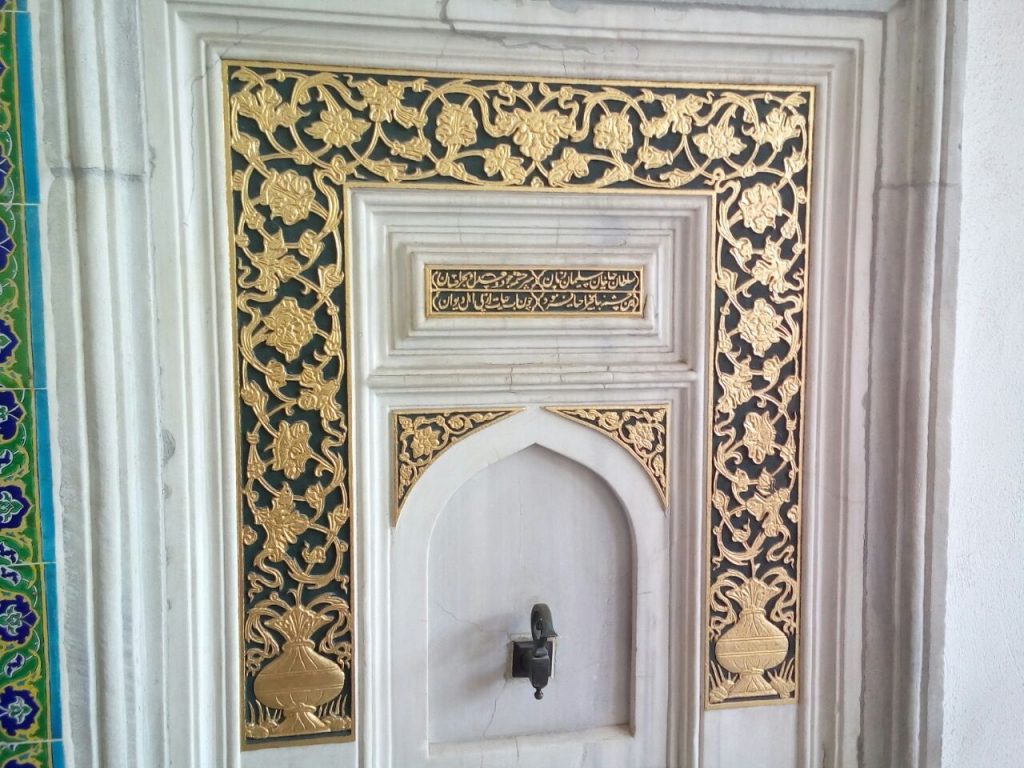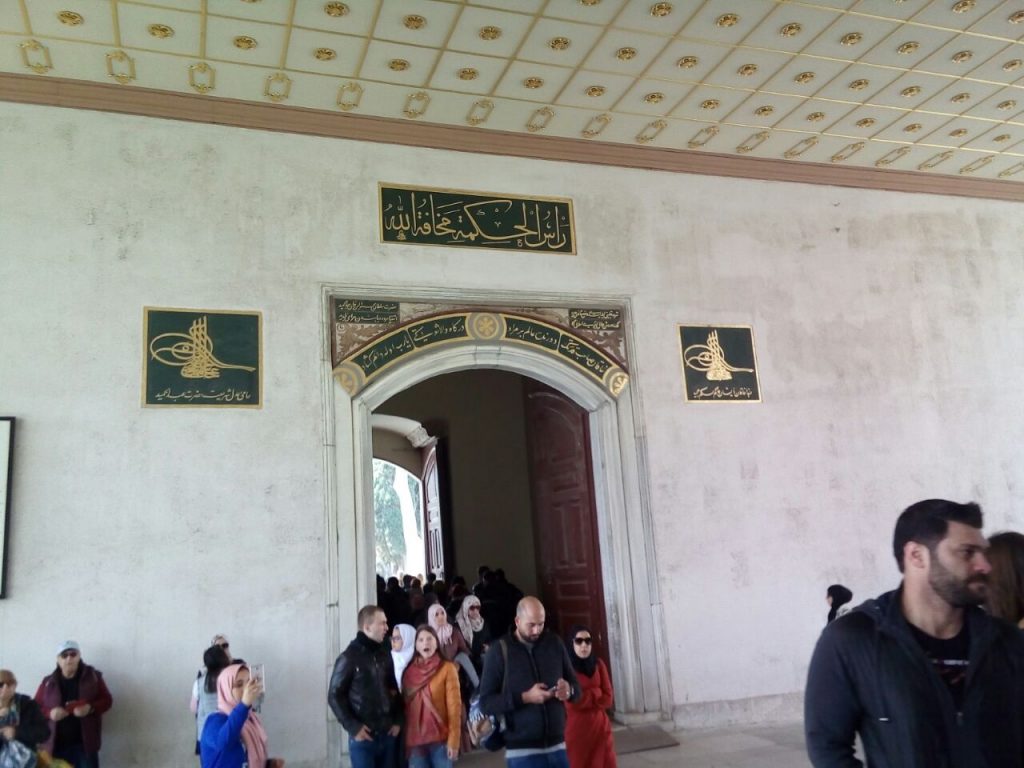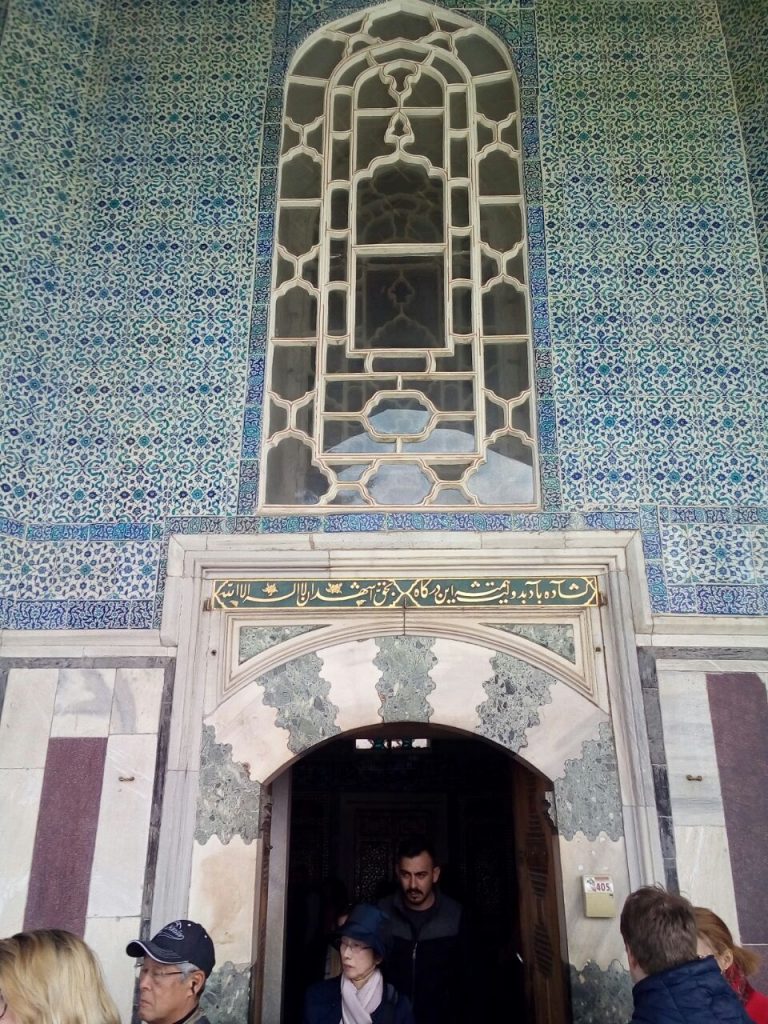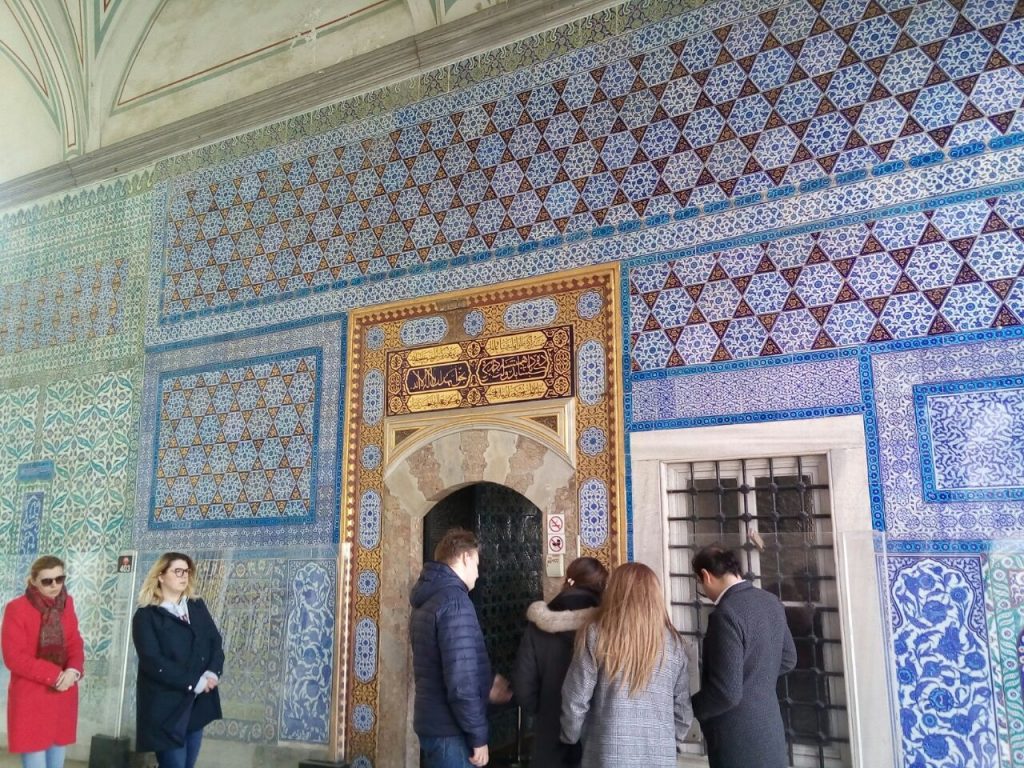“At the entrance of the United Nations there is a magnificent carpet – I think the largest carpet the United Nations has – that adorns the wall of the United Nations, a gift from the people of Iran. Alongside it are the wonderful words of that great Persian poet, Sa’adi. I quote:
All human beings are members of one frame,
Since all, at first, from the same essence came.
When time afflicts a limb with pain
The other limbs at rest cannot remain.
If thou feel not for other’s misery
A human being is no name for thee.”
These are the words of Ban Ki-moon the eighth UN secretary-general in his 2012 speech in Tehran. He hasn’t been the only foreign leader reciting the Sa’adi’s poem though -from the president of the US, Barack Obama to recently the prime minister of Spain, Pedro Sánchez, and so forth. The borderless perspective that Sa’adi was pointing out about 800 years ago is what the world crucially needs these days. Sa’adi is just one of the great Persian poets and his books are full of such wisdom.
Some other poets
Among other most influencing Persian poets we can remember Hafez at the top. Whose poems are found in nearly all the Iranians’ houses and they are familiar with many of his poems. “Hafez primarily wrote in the literary genre of lyric poetry or ghazals, that is the ideal style for expressing the ecstasy of divine inspiration in the mystical form of love poems.” as Wikipedia puts it.
دوش دیدم که ملایک در میخانه زدند
گل آدم بسرشتند و به پیمانه زدند
dūš dīdam ke malā’ek dar-e mey-xāne zadand
gel-e ‘Ādam besereštand o be peymāne zadand
Last night I saw angels knocking on the door of a wine-house;
they kneaded Adam’s clay and struck it to/into/with a cup.
2
ساکنان حرم ستر و عفاف ملکوت
با من راه نشین باده مستانه زدند
sākenān-ē haram-ē setr o ‘efāf-ē malakūt
bā man-ē rāh-nešīn bāde-ye mastāne zadand
The inhabitants of the sanctuary of modesty and abstinence of Heaven
with me, a wayside beggar, drank intoxicating wine.
3
آسمان بار امانت نتوانست کشید
قرعه کار به نام من دیوانه زدند
āsmān bār-e ‘amānat natavānest kešīd
qor’e-ye kār be nām-ē man-e dīvāne zadand
Heaven was not able to bear the weight of the Trust that was given to it;
They cast the dice of the work in the name of me, who am crazy.
4
جنگ هفتاد و دو ملت همه را عذر بنه
چون ندیدند حقیقت ره افسانه زدند
jang-e haftād o do mellat hame rā ‘ozr beneh
cūn nadīdand haqīqat, rah-e ‘afsāne zadand
Give pardon to all the seventy-two warring sects;
It is because they didn’t see the truth, that they went by the way of fables.
5
شکر ایزد که میان من و او صلح افتاد
صوفیان رقص کنان ساغر شکرانه زدند
šokr-e Īzad ke miyān-ē man o ‘ū solh oftād
sūfiyān raqs-konān sāqar-e šokrāne zadand
Thanks be to God, that between Him and me there is now peace;
The Sufis, dancing, have quaffed the cup of gratitude.
6
آتش آن نیست که از شعله او خندد شمع
آتش آن است که در خرمن پروانه زدند
ātaš ān nīst ke ‘az šo’le-ye ‘ū xandad šam’
ātaš ān ast ke dar xerman-e parvāne zadand
Fire is not that with whose flame the candle laughs;
fire is that with which they burnt up the harvest of the moth.
7
کس چو حافظ نگشاد از رخ اندیشه نقاب
تا سر زلف سخن را به قلم شانه زدند
kas čo Hāfez nagošād az rox-e ‘andīše neqāb
tā sar-ē zolf-e soxan rā be qalam šāne zadand
No one like Hafez has removed the veil from the cheek of thought,
since they began to comb the curls of hair of speech with a pen.
A popular poem of Hafez (Source: https://en.wikipedia.org/wiki/D%C5%AB%C5%A1_d%C4%ABdam_ke_mal%C4%81%27ek)
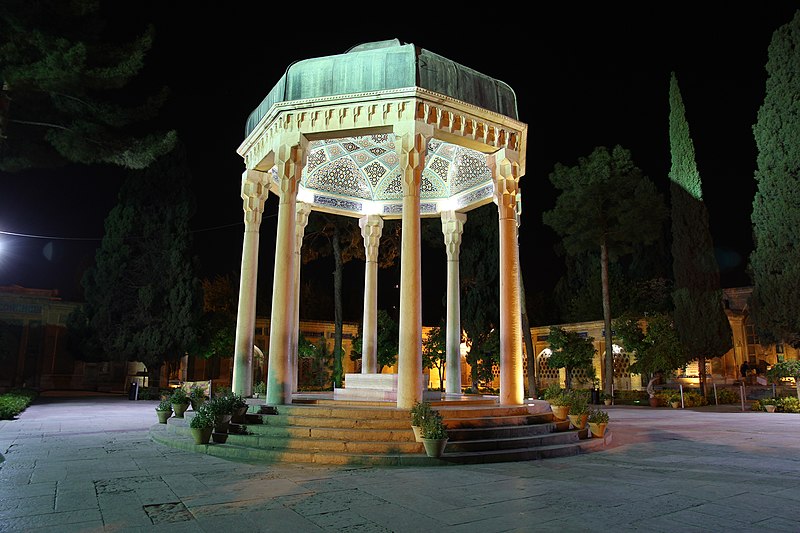
Also, Rumi –who is known as Molana or Molavi in Iran- was another great Persian poet. His most famous book is Masnavi including thousands of verses that we can learn a lot from each. Even by non-religious rituals and beyond the Persian territory in the west and the east, Rumi is being studied and followed.
Read Masnavi of Molana (but remember: reading the translation may just transfer the meaning but not the enjoyment of poetry rhythm!): http://www.dar-al-masnavi.org/masnavi.html
Ferdowsi is another famous poet who is known mostly by his great book, Shahnameh, said to be the longest epic book in all time. His important proud was helping to revive the Persian language in his era by this book. The book is a myth about a hero called Rostam who is fighting not only for Iran but also for the transcendental human values.
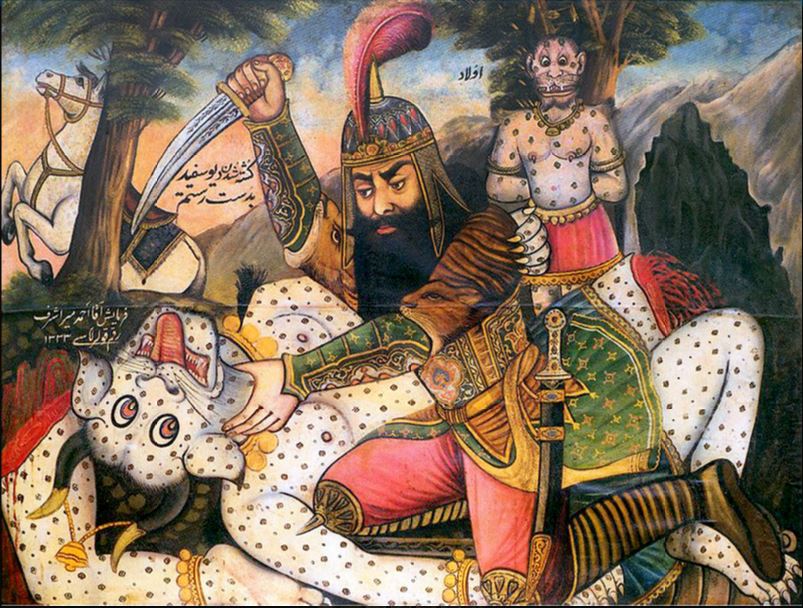
It’s hard to introduce the ancient Persian poets and forget about Rudaki (known as the father to the Persian poem), Nezami, Attar, Khayyam, Khaqani, Baba Taher and many other ones. Their readable books are still remaining and studied internationally after many years. The list of ancient Persian poets is much longer, of course not possible to name them all here.
The stream of Persian poetry isn’t limited to the ancient ones though. In contemporary times we also see magnificent poetry. The poems at this time are more in a social theme. Among the popular poets during the recent century, I can name Bahar, Shahriar, Akhavan, Qeisar Aminpoor, and Sohrab Sepehry among the many others.
Read more: https://en.wikipedia.org/wiki/Lists_of_Persian_poets
The most comprehensive website for Persian poetry: https://ganjoor.net/
Different functions of poetry
Iranian culture is absolutely mixed up with poetry. It’s a real art and mixed with other types of arts such as calligraphy, architecture, painting, and music. However, poetry in Iranian history is not just one type of art but the best way of transferring knowledge and wisdom. Hence most of the Iranian sages and the wisest men in the history of Iran have often had the skills of poetry. The poems were much influenced by religious beliefs and the Quran or the Hadith. It’s not wrong to say the Persian explicit local knowledge can be well studied and captured through its literature and especially the poetry texts.
From ancient times, poetry has been used in different parts of Iranian life, e.g. in weddings, in funerals, in religious events and rituals –Maddahi-, in fun and entertainment –comedy poems or competitions called Moshaereh-, and in daily proverbs. This was true, as well, and even more, years ago in my grandfather’s generation. They were trained at home and old school –called Maktabkhaneh- with the instructive stories in the Iranian poems, including the Sa’adi’s Bustan and Golestan. Both my grandpa and grandma had many verses of these poems in their minds. They had the ability to read related verses in any situation, adding emotional and moral motto to their daily communication. Unfortunately these days, many of the youths do not have the ability even to correctly reading the ancient poems of their origin or at least understand the meanings well.
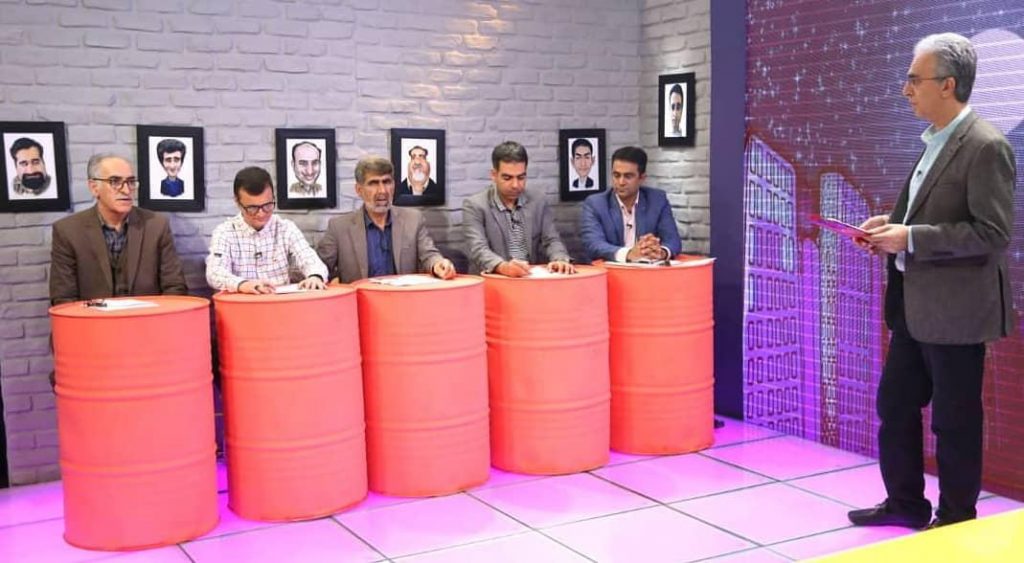
Also read and watch about Maddahi in my other post.
Look at it a little bit more technical
Read about the main classic Persian poem styles, Masnavi, Robaey, Qasideh, Qazal, etc: https://www.britannica.com/art/Persian-literature/Classical-poetry.)
Read about ‘meters’ in Persian poetry, studied in Arooz: https://en.wikipedia.org/wiki/Persian_metres & https://ganjoor.net/vazn/
Of course, identifying with Persian poetry in a short essay is very difficult. Capturing the rich meaning, learning from, and enjoying the elegant stylistic elements inside the Persian poetry may not be appreciated except that one knows Persian well. But the embodied wisdom is never limited to a specific border or language. That’s what we can transfer to learn from each other.
Read more: https://en.wikipedia.org/wiki/Persian_literature



